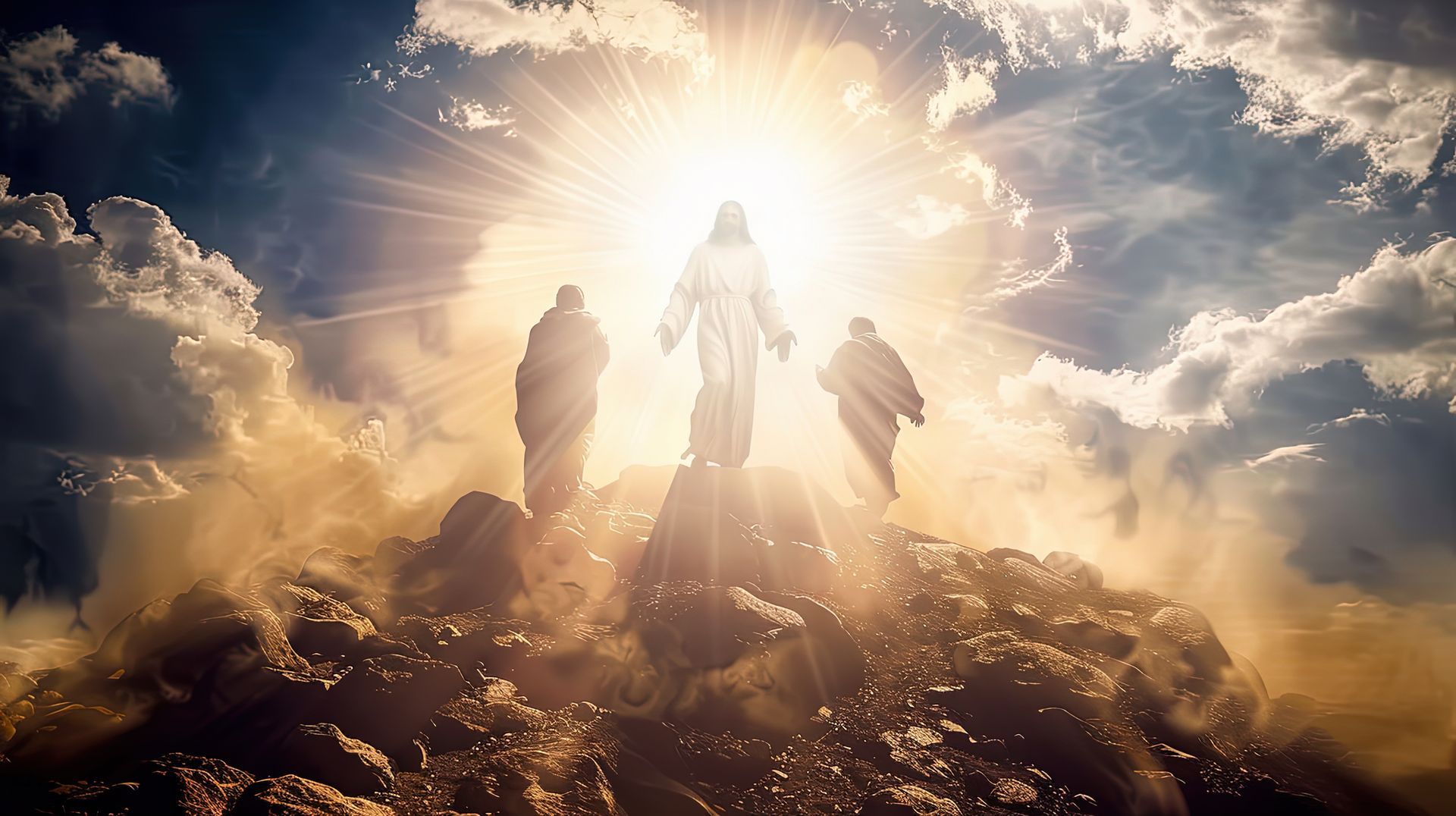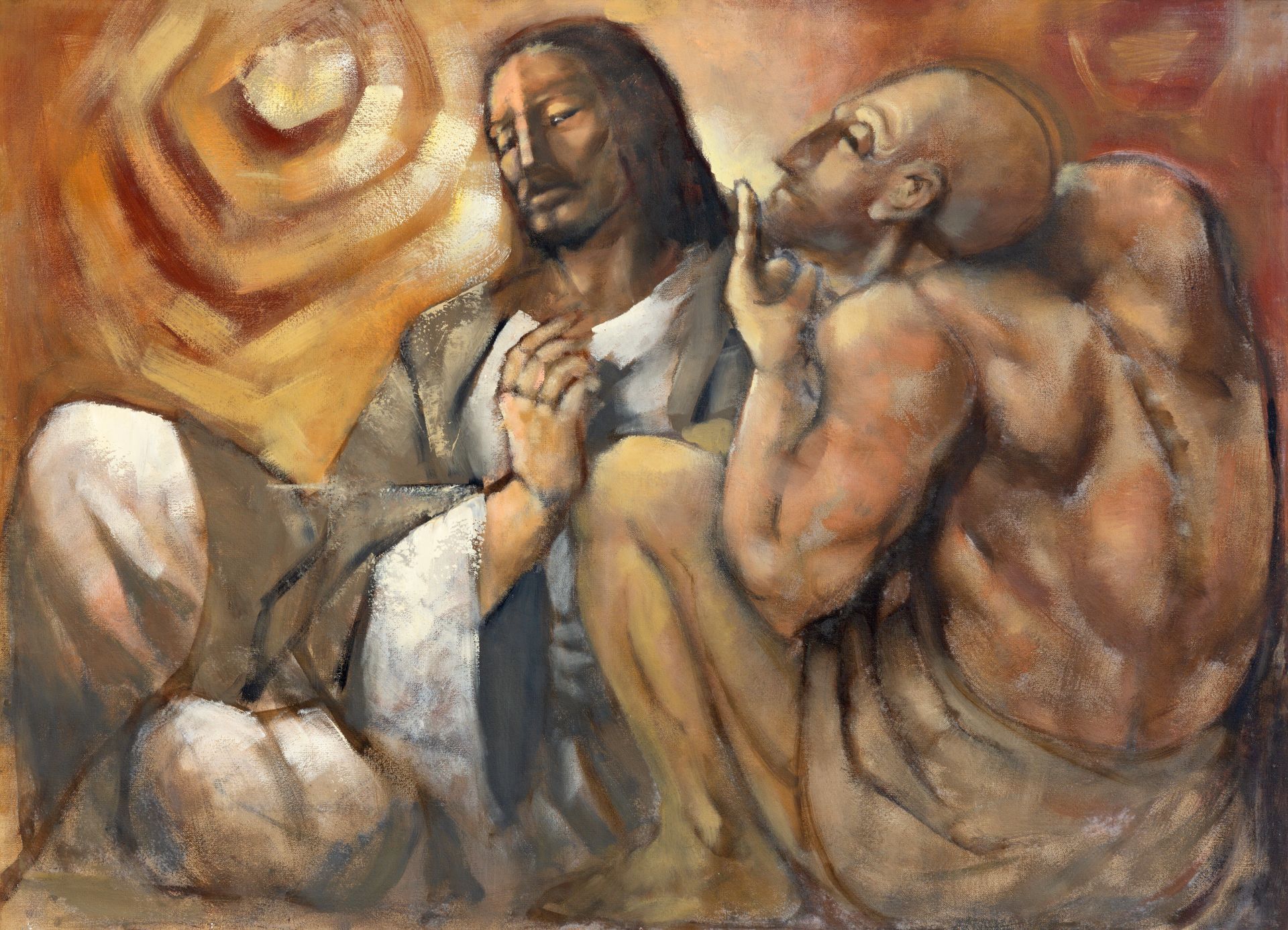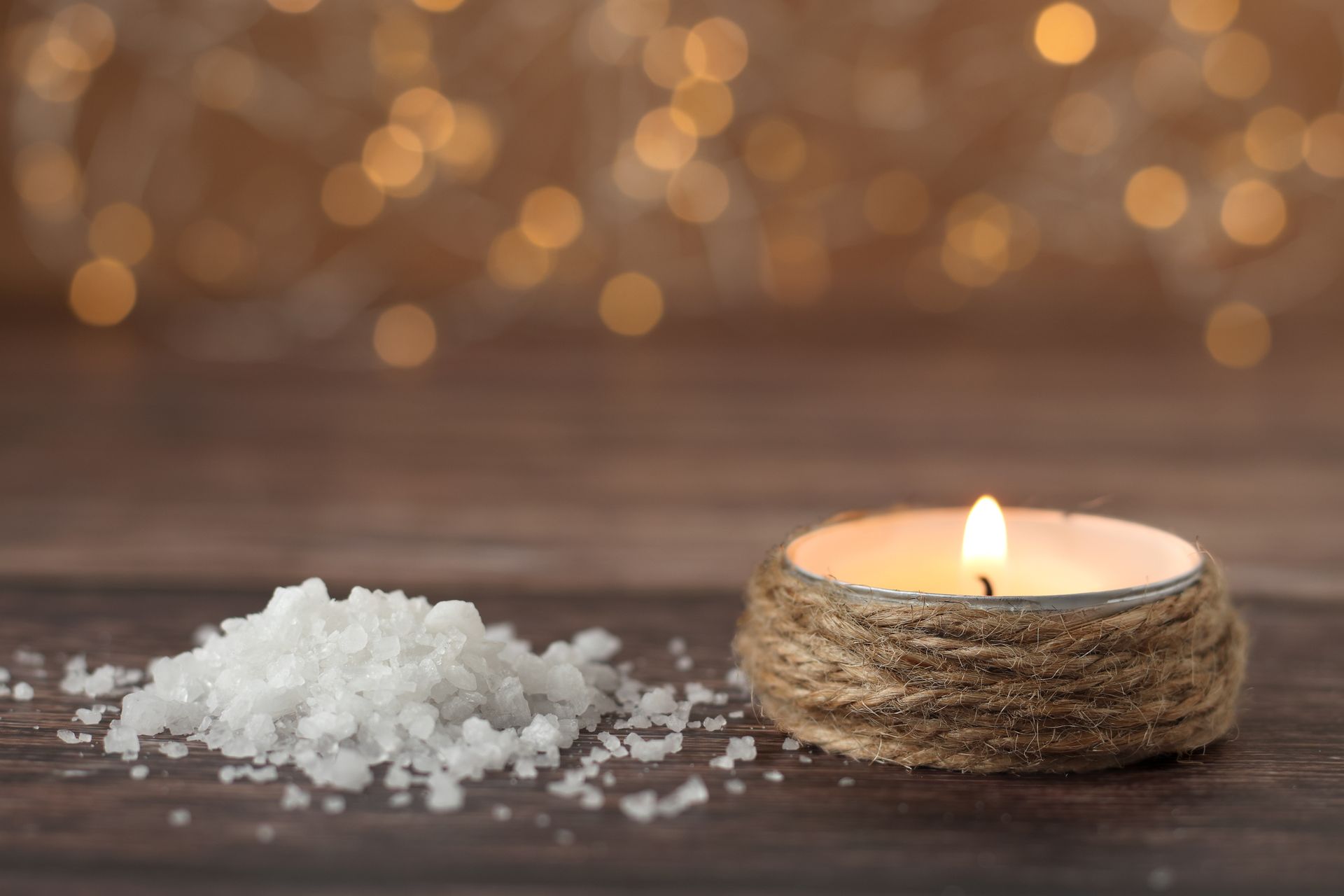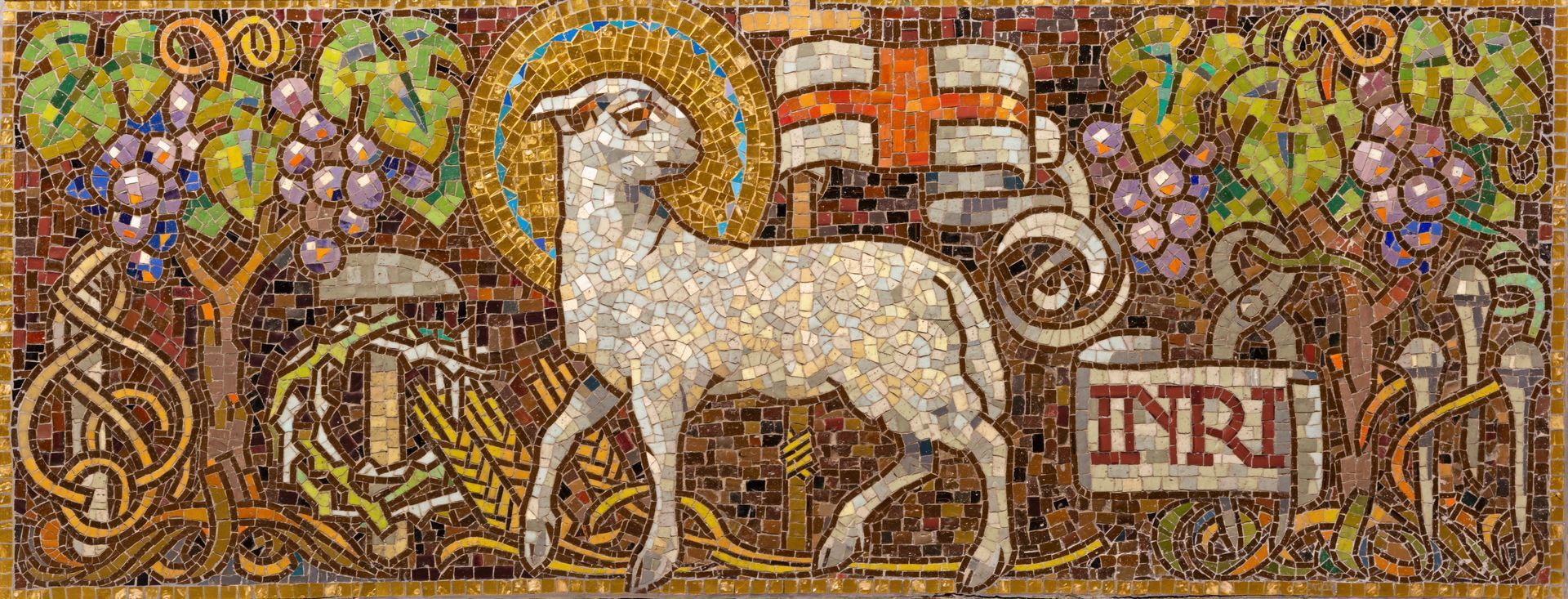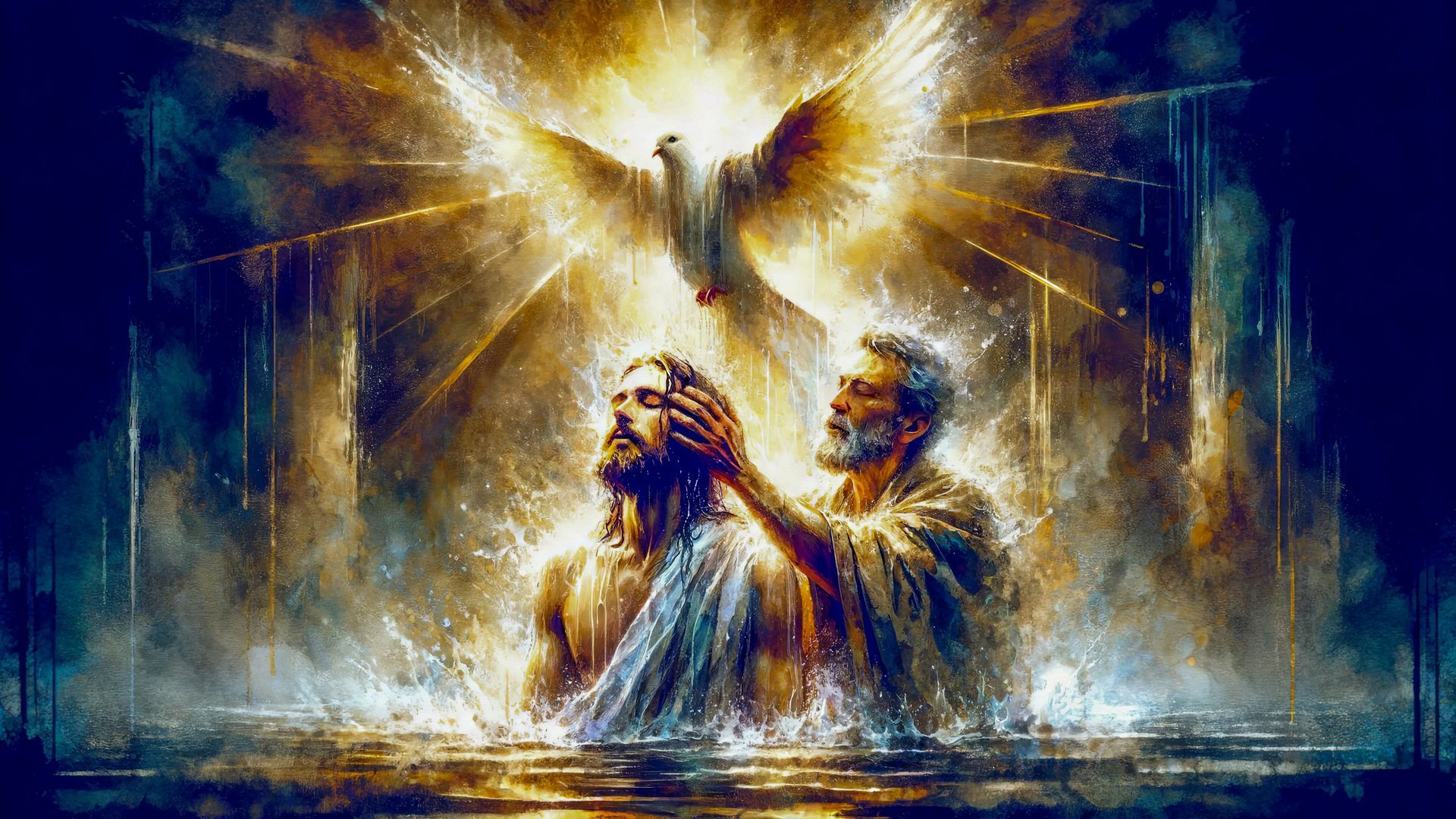Exiit qui seminat
"I" vs. "We"
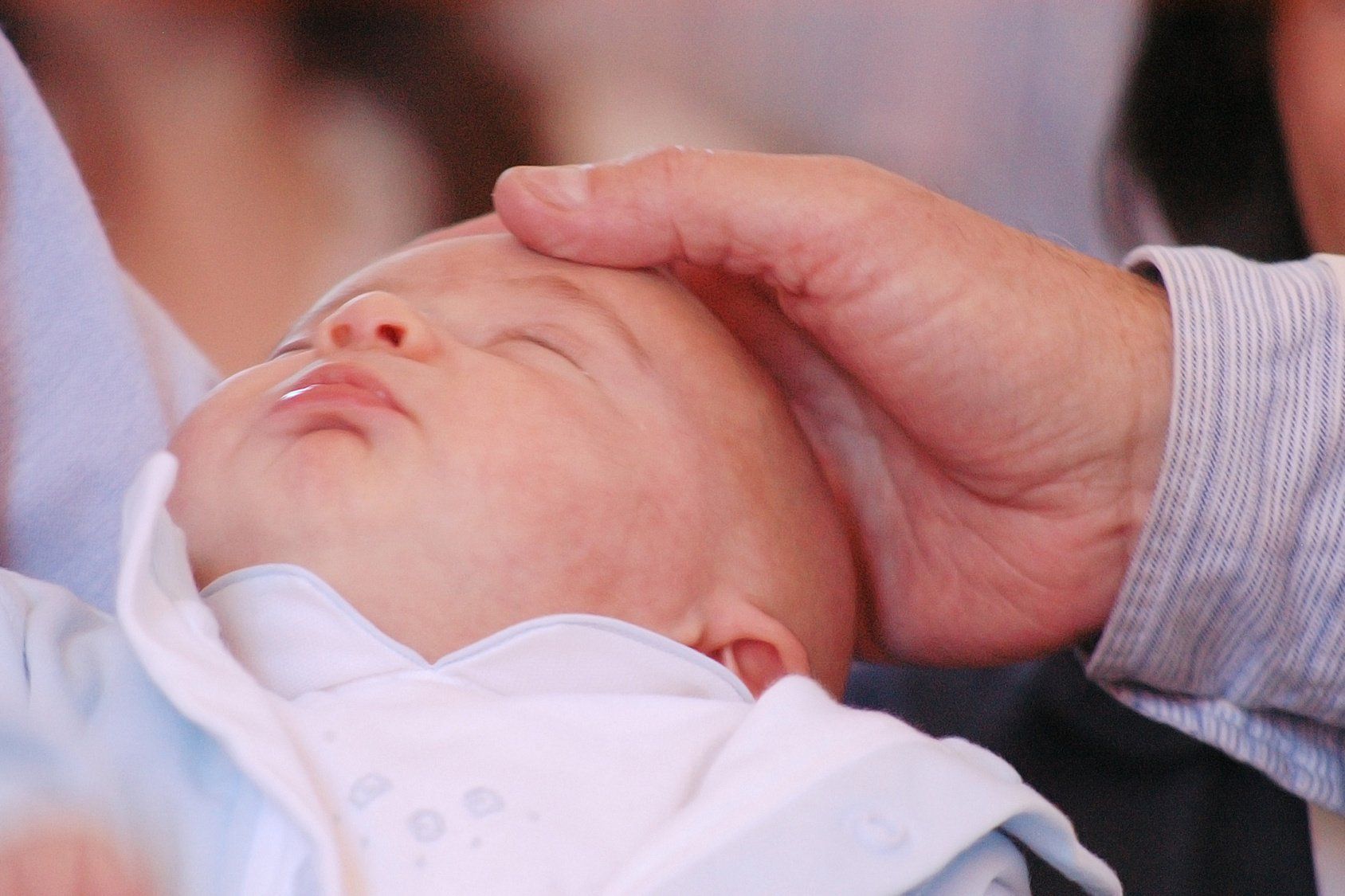
I've gotten a lot of questions as of late about the situation involving a priest, stationed in Arizona, who for over twenty years incorrectly, and therefore invalidly, used the wrong formula for the celebration of the Sacrament of Baptism. Instead of saying, "I baptize you in the name of the Father and of the Son and of the Holy Spirit," the priest in question used the words, "We baptize you in the name of the Father and of the Son and of the Holy Spirit." Such a revelation has happened a couple of times over the past year or so and It can seem like such a minor and insignificant change. So how can one word in terms of Baptism have such a radical impact on the lives of the faithful? The short answer is that when it comes to the Sacraments, words matter. But it's a bit more involved than that. Let's start with the basics. All of the Sacraments are broken down into two parts: matter and form. The matter are those signs and symbols that go along with the Sacraments. For example, the matter for Baptism is made up of pure water, the Oil of Catechumens, Sacred Chrism, the baptismal candle and a white garment. The form of the sacrament are the words and actions that are used celebrate the sacrament. For Baptism, the form is comprised of pouring the blessed water over a person's head (or by immersion) and using the formula, "I baptize you in the name of the Father, and of the Son, and of the Holy Spirit." In addition to the matter and form, the celebrant has to have the proper intention to celebrate the sacrament in question. And you don't even have to be Catholic! You just have to intend what the Church intends. While every aspect that is a part of a sacrament is important, some things are more important and necessary than others. SO ... For a baptism to be valid in the eyes of the Church in terms of matter and form, all you need is real water (and not some other type of liquid) and the proper formula, "I baptize you in the name of the Father, and of the Son, and of the Holy Spirit" accompanied with the intention to actually baptize someone as the Church would. Now that we have an overview (albeit a long one) about the important parts of Baptism, let's break down the words of the formula. In the "biz" we call the proper words of celebration from the minister of Baptism as the "Trinitarian formula". Namely, it must include the words Father, Son and Holy Spirit and not any of the other names attributed the Most Holy Trinity. The reason why using the Father, Son and Holy Spirit are necessary is because it comes from a command from Jesus Himself in Matthew's Gospel: “Go therefore and make disciples of all nations, baptizing them in the name of the Father and of the Son and of the Holy Spirit” (Matthew 28:19). The Congregation for the Doctrine of the Faith put out a document in 2008 outlining that very notion and how the Church could not change what Christ commands. Now to the more recent question: Why is "I baptize you" absolutely vital? It's because it's not the minister or the community or the Church that baptizes - it's Christ. And since it is God that is the source of the grace of Baptism, it is He and He alone that dispenses it through us. The minister of Baptism acts in persona Christi or "in the person of Christ." This reality is reiterated in the Second Vatican Council, "when a man baptizes it is really Christ Himself who baptizes". Any other expression (we, the community, the Church), while seemingly well intentioned, is contrary to the source and author of Baptism and the sacramental life of the Church. While the Church has been successful for the most part in tracking down those affected and rectifying the situation, what happens to those who have already died as well as those who received the "sacraments" from an invalidly ordained priest in their final moments? The good news is that while the Lord created the Sacraments, He is isn't limited or confined by them. So God who is mercy itself would not and could not allow the victims of this tragedy to be negatively impacted nor deny them access to eternal life. In closing, the rites and rituals of the Sacraments are there for good reason. Priests, deacons, religious and all the faithful are called to adherence to those rites and dissuaded from personal innovation where it is not possible or appropriate. May the Lord continue to bless the Church and her Sacramental ministers and may we always baptize, not in our own name, but in the name of Christ.
Sincerely Yours in Christ,
Fr. Rob Sinatra




